How to Fertilize Grass in Winter Step by Step – Sembrar100
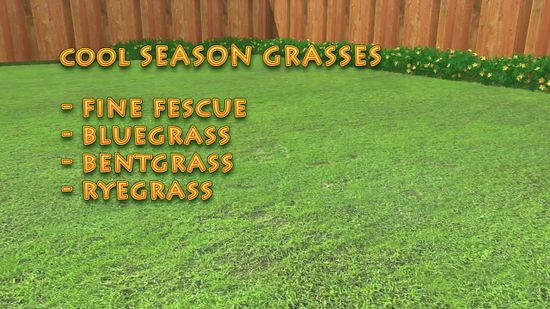
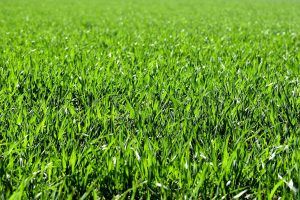 Winter is not usually a time where many tasks related to fertilizer are proposed because the plants are usually at rest.
Winter is not usually a time where many tasks related to fertilizer are proposed because the plants are usually at rest.
However, in very specific cases such as grass, the application of a dose of fertilizer could be positive to improve its appearance towards the arrival of spring.
It must be considered that in this time the energy consumption is minimal because the grass is not growing, so it is a task that you must study very well.
And here we will give you all the resources you need to know to start this job without complications. Shall we see it?
Why is it important to fertilize grass in winter?
The main objective of fertilizing the grass in winter is for it to find a good nutritional level at the arrival of spring.This will make the greening process easier and get it back as beautiful as you like it.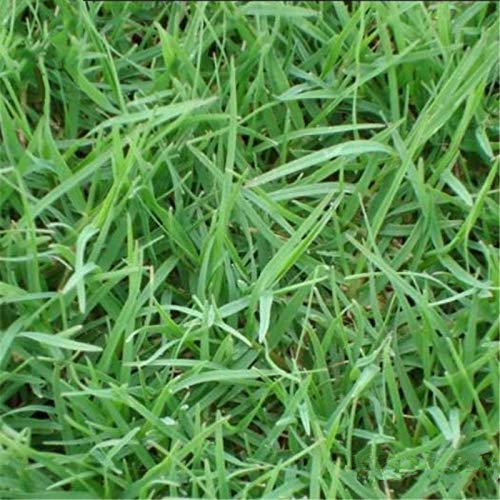
At the same time, it will help the plants that you have planted of another species in their environment to be nourished, taking advantage of the nutrients provided. Also take into account that a well-nourished grass will be much more resistant to the arrival of insects.
How often should we pay the grass in winter?
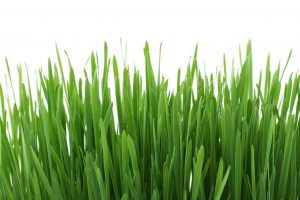 Grass fertilizers in winter do not respond to a frequency as in spring or summer.
Grass fertilizers in winter do not respond to a frequency as in spring or summer.
Here what is advised is to apply a single dose of fertilizer, if needed, in the final days of winter.
This will encourage the nutrients to be taken up by the roots shortly, when they get back to work in the spring.
It must be considered that the fertilizer in winter cannot be done with temperatures below zero, it is advisable that they are above 14º C.
And if it is a newly seeded lawn, you should consider that it needs a period of at least 4 weeks to establish itself before you supply the first dose of fertilizer.
What nutrients does grass need in winter?
The main nutritional element that grass needs, both in winter and at any other time, is nitrogen (N).This is the one that allows it to grow strong, healthy and vigorous, filling all the space in which you have it established.
However, during the winter it will be necessary to control the levels of nitrogen that you contribute with the fertilizers. In this way, you will prevent it from growing and the leaves from drying out due to low temperatures.
Potassium (K) and phosphorus (P) are needed to a much lesser extent throughout his life, but they are also essential.These are what help the roots stay strong and can support what you see on the surface.
This assumes that the grass will be strengthening in the subsoil and then exerting the appropriate energy to work the green parts later. For this reason, they are more necessary during the winter, always taking care that they are incorporated in their proper measure.
The latter will be key when the flowering process begins, but it is an aspect that you will not have to worry much about in winter.
What kind of fertilizers does the grass need in winter?
The winter fertilizer for the pasture must be chosen very carefully due to the specific characteristics that prevail during this time. Ideally, it should contain a higher value of potassium and phosphorus and less nitrogen due to the factors that we explained above.
Organic fertilizers that meet this requirement are always well received because they not only help nourish the lawn, but also preserve the characteristics of the soil.
If you opt for an option such as manure, it will be essential that it is very well fermented to reduce nitrogen levels.
This condition is also fulfilled in cases such as home compost, although in general this type of fertilizer is not used much during the winter.
How do we prepare fertilizer for the pasture in winter?
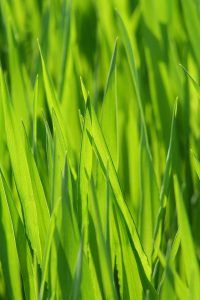 Fertilizers for grass in winter usually come in bags whose content you can spread on the surface of the lawn without major problems.
Fertilizers for grass in winter usually come in bags whose content you can spread on the surface of the lawn without major problems.
Depending on the weather, it is a good plan to irrigate after applying the fertilizer to help the nutrients penetrate the structure.
Home-type organic fertilizers will have to be applied with greater caution due to the type of texture they have.
The first thing is that they are very well fermented to ensure a structure that is possible to handle when fertilizing the grass in winter.
It is ideal that you have the ease to apply it in the same way as commercial fertilizers, just spreading. Similarly, you need to keep the lawn slightly moist during this process so that the compost settles and the soil receives all the nutrients.
How do we detect if the grass in winter needs fertilizer?
The grass in winter will look ugly, sometimes discolored and as if it were dry, which is normal for the time in question. These factors become much more noticeable if frosts are generated that tend to cover the ground, since that climatic environment does not do very well.
In addition, it receives little sunlight, which is a basic requirement to maintain the health of this species. All this means that the lack of nutrients is a difficult issue to perceive and, if you have provided what is necessary in the fall, the chances of it happening are very low.
In fact, the subscriber at this time only wants the lawn to be full of energy for spring and revitalized.The fertilizer for pasture in winter is a task that is not mandatory due to the characteristics of the species.
Many specialists in the field of gardening recommend it without hesitation because the objective is to have an impressive lawn in the short term. Of course, it is necessary to complement this action with a correct pruning that helps to eliminate the affected parts and allow new ones to grow.
With all these actions, you will only have to wait to see a beautiful pasture in a few days.
Bibliographic references
- Pasture and winter forages, P Montserrat – 1958 – digital.csic.es
- Winter forage alternatives under different planting and fertilization practices, IM Amezaga, CG Crespo, L Epelde … –… of pastures …, 2009 – dialnet.unirioja.es
- Rainfed meadows and pasture improvement, P Montserrat – 1977 – digital.csic.es
- Fertilizer tests in natural meadow in Santander, JR Eraso – Pastos, 2011 – polired.upm.es
Maybe you are also interested in:

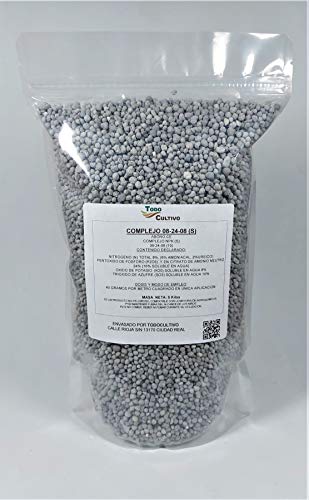
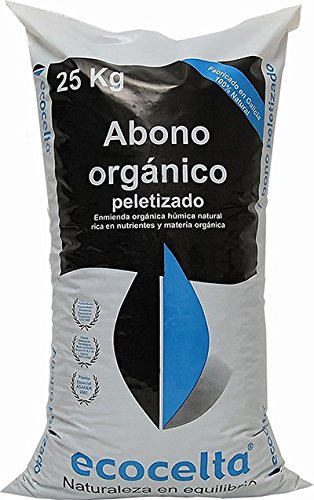

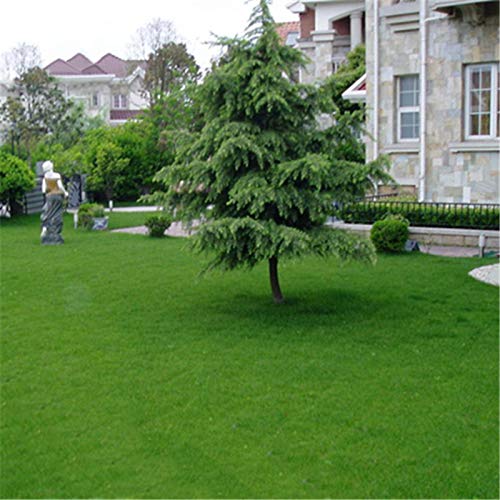

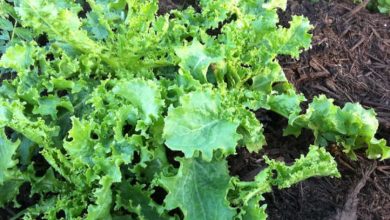

![Photo of Pests and Diseases of the Peach Tree: [Detection, Causes and Solutions]](https://www.complete-gardening.com/wp-content/uploads/2022/08/pests-and-diseases-of-the-peach-tree-detection-causes-and-solutions-390x220.jpg)